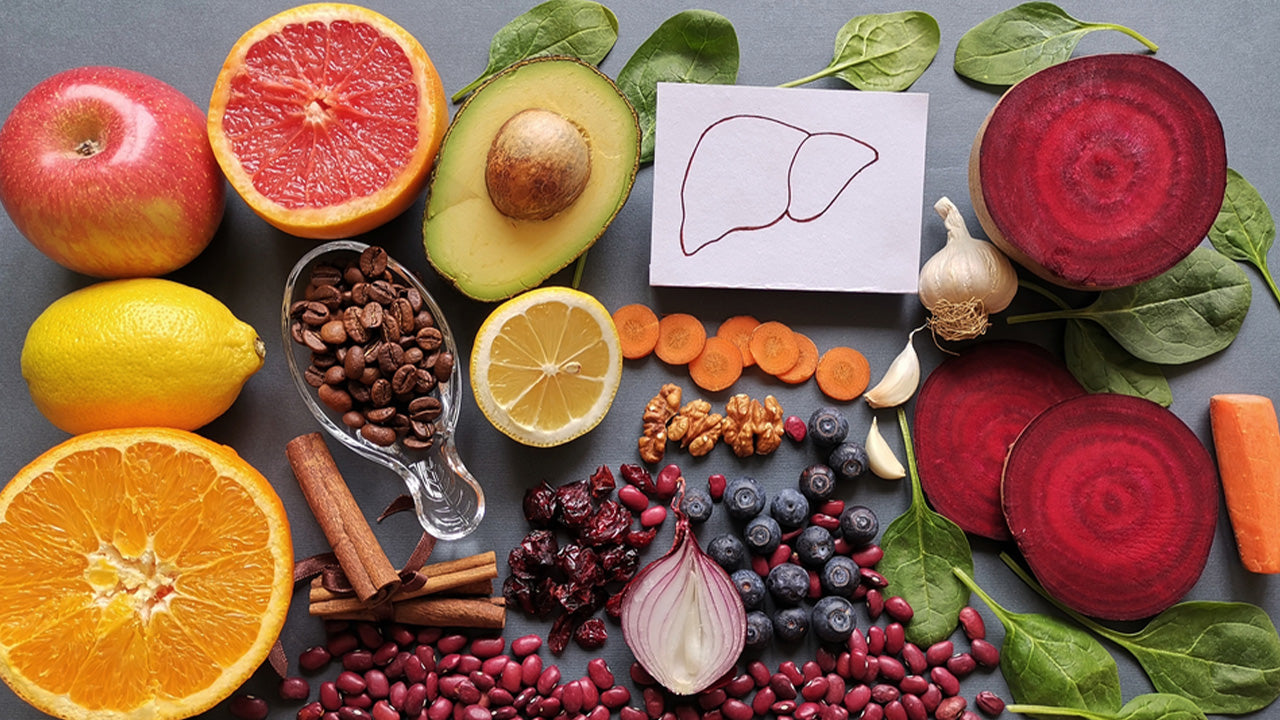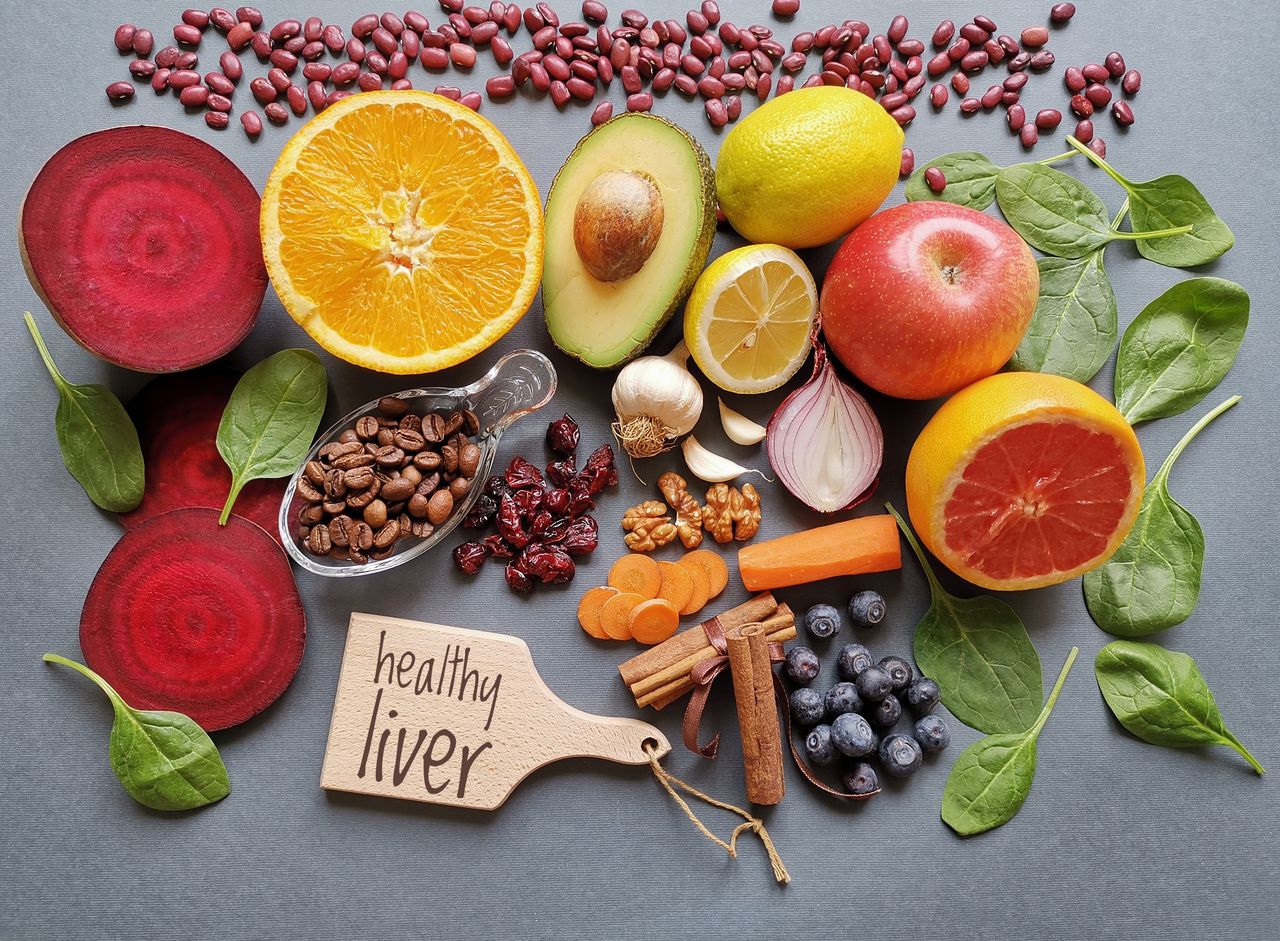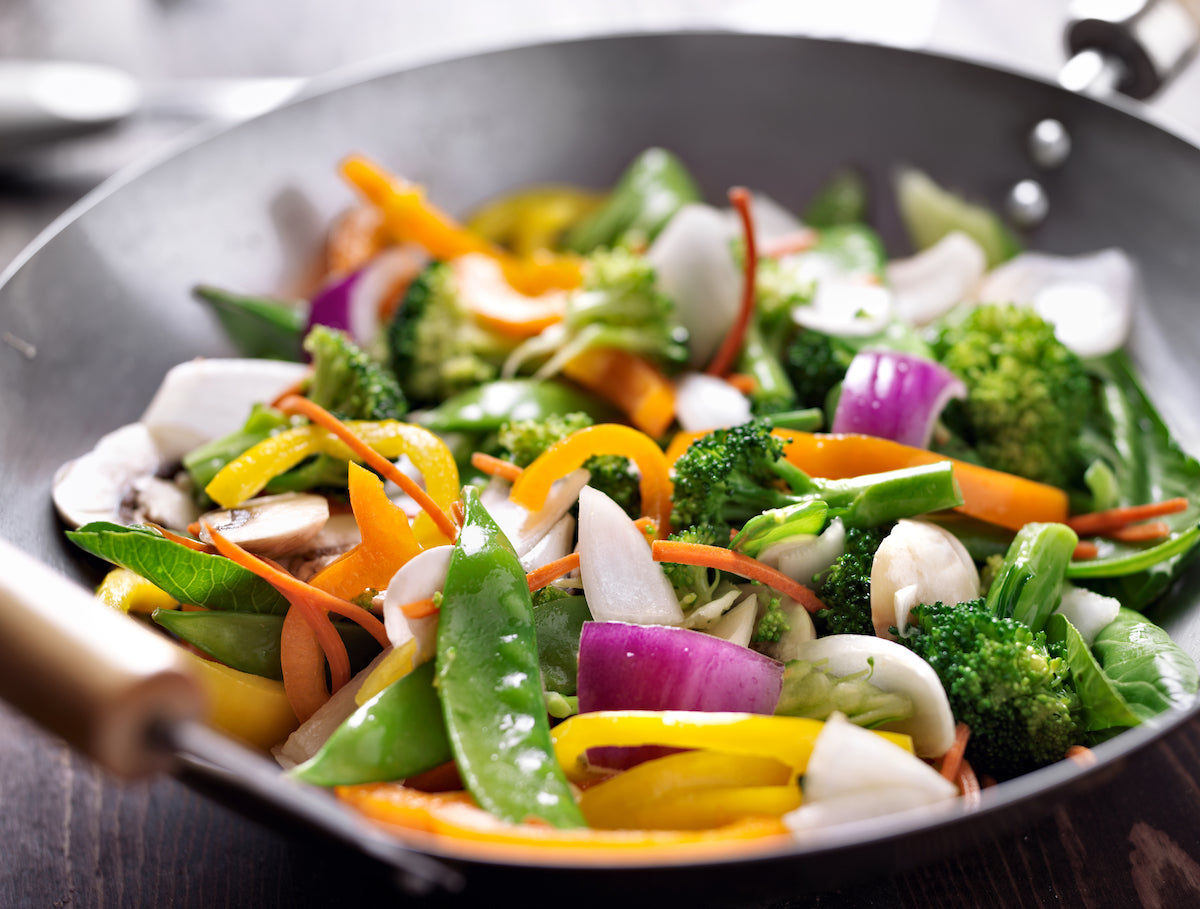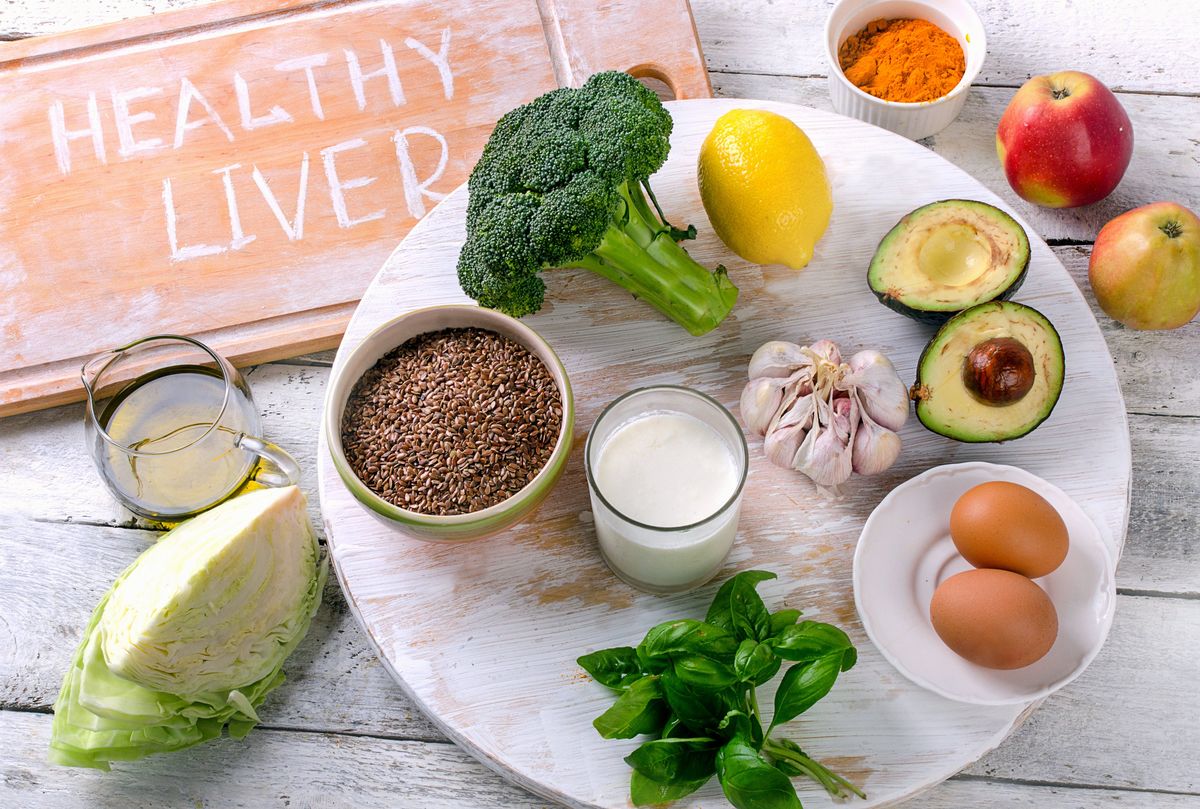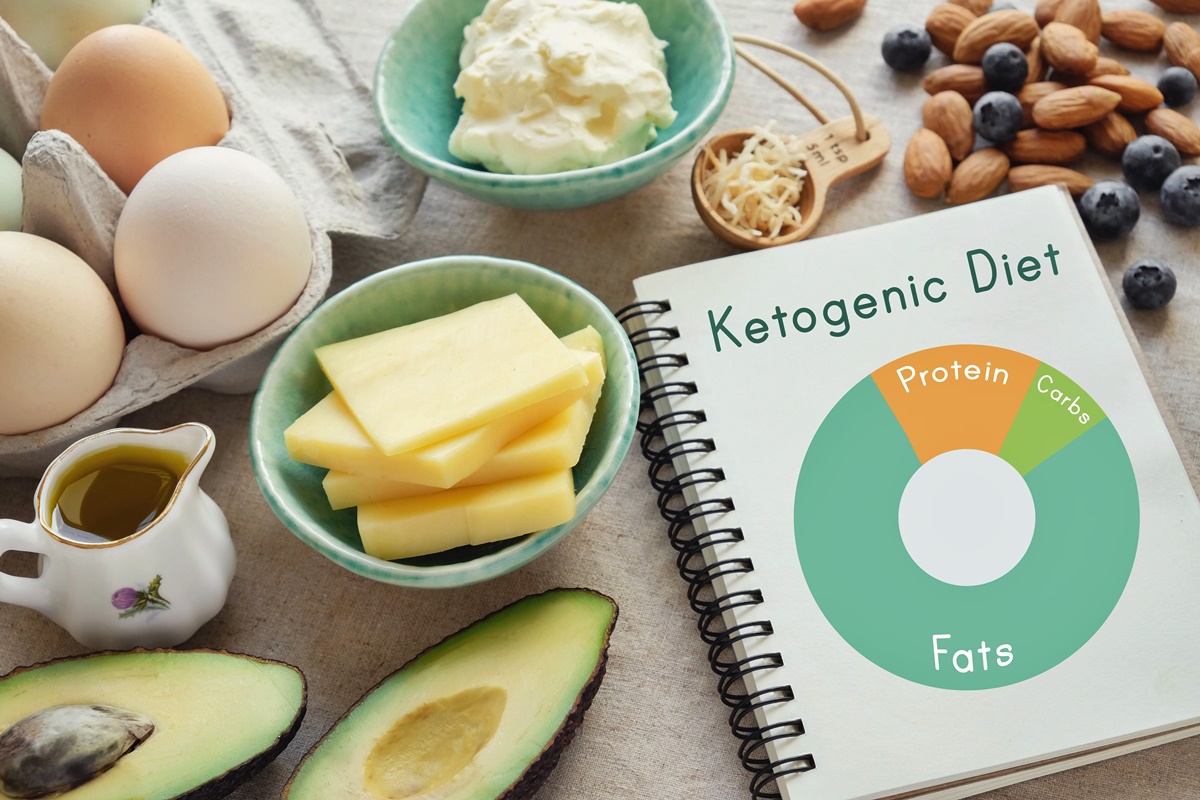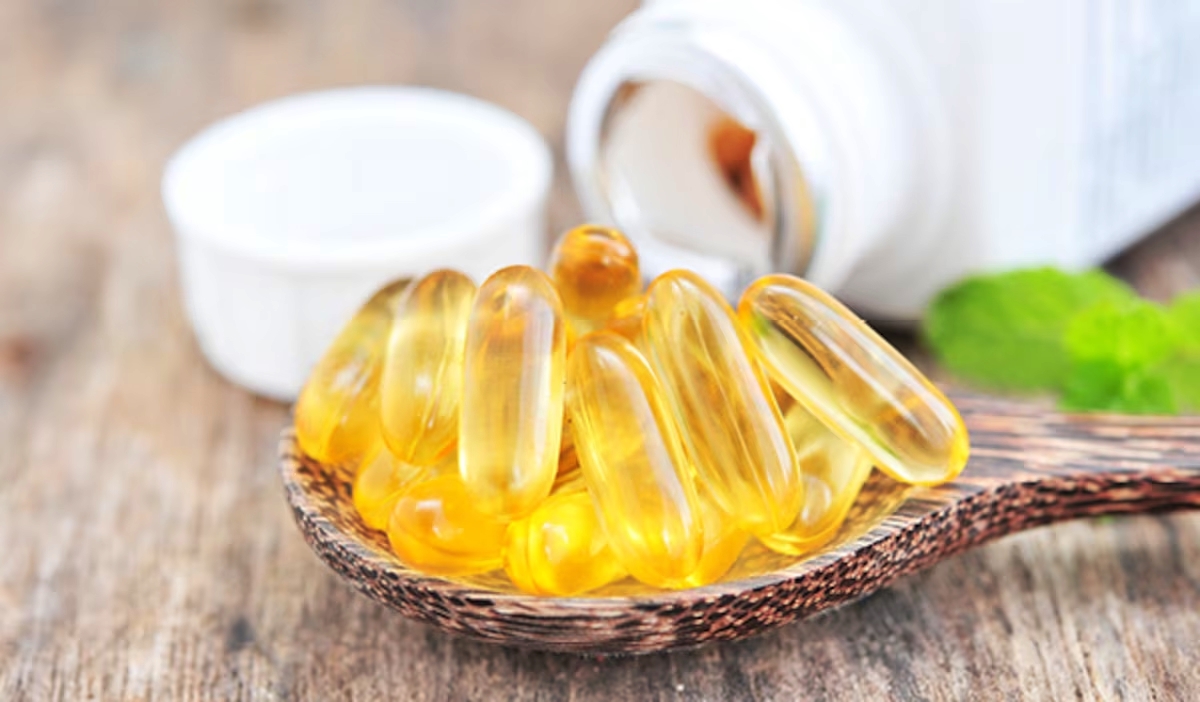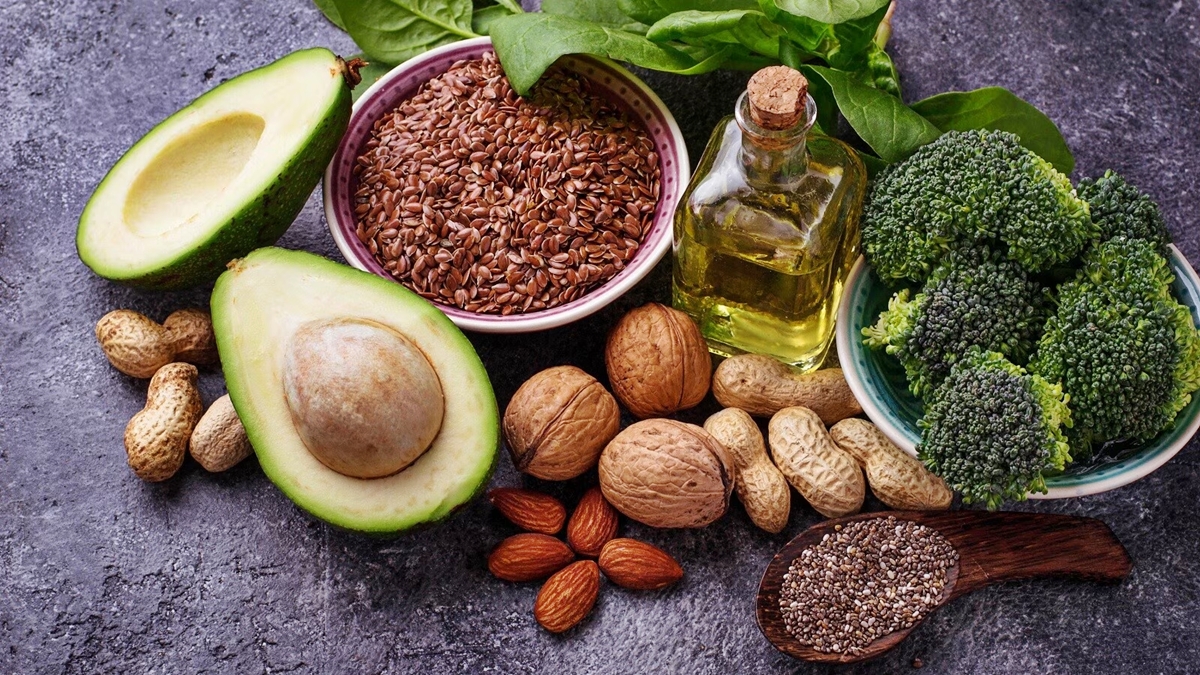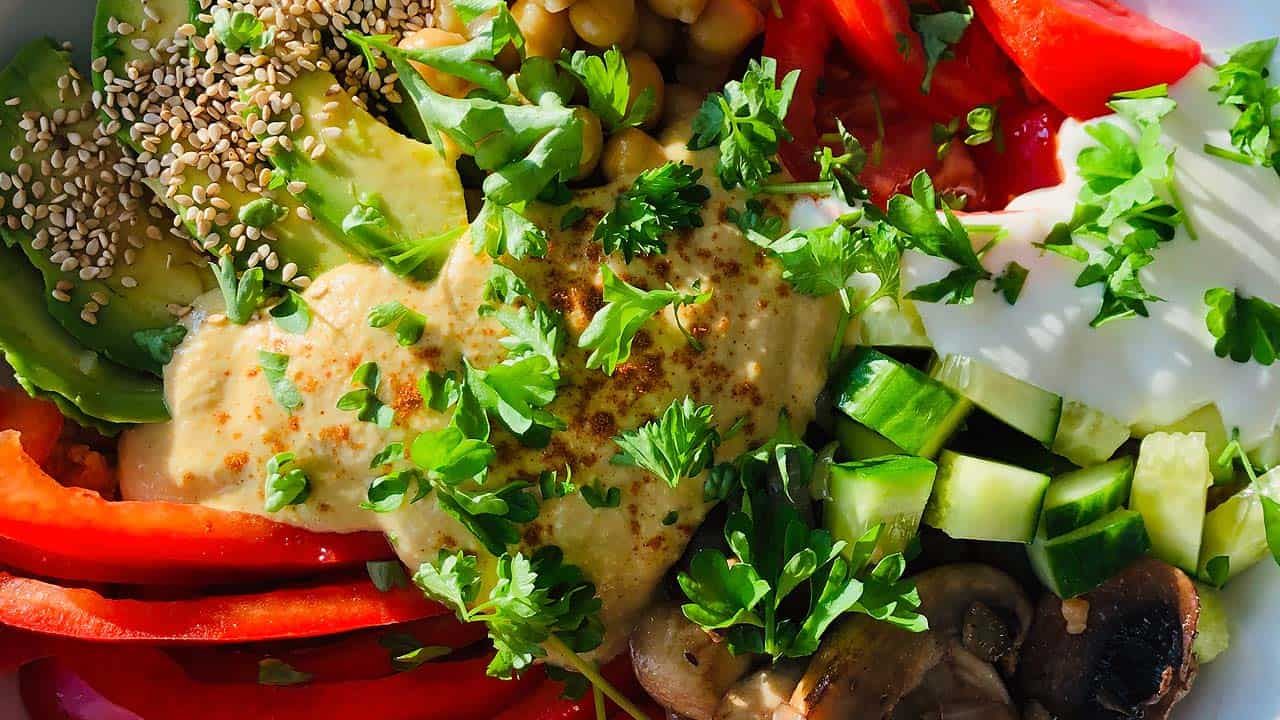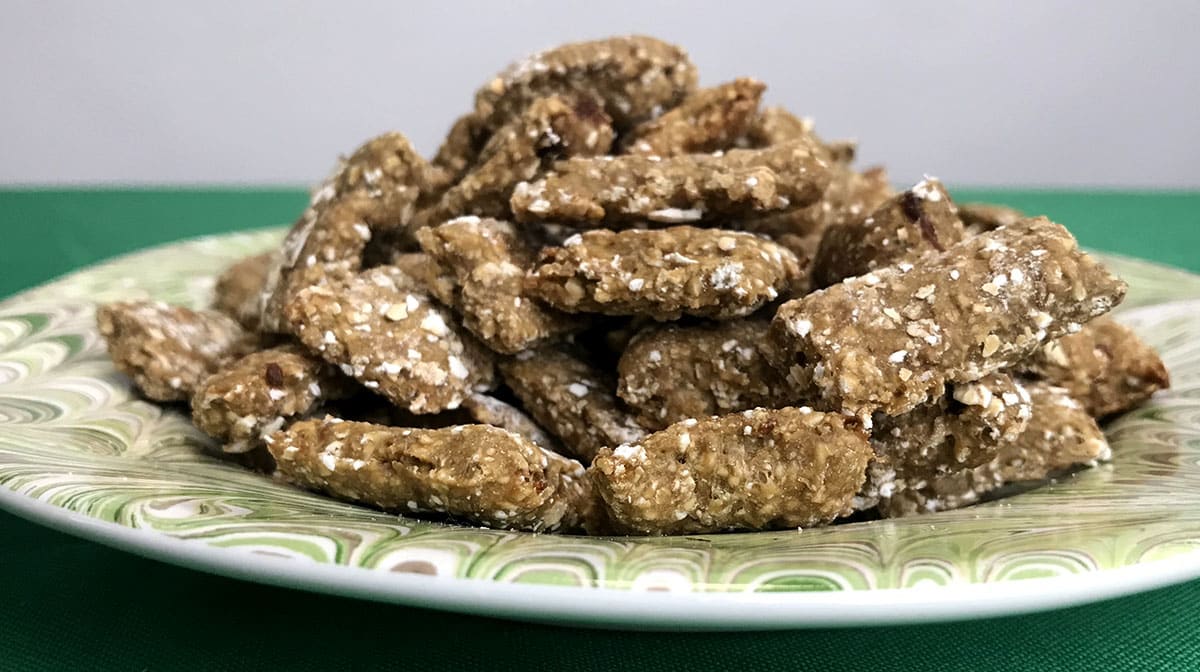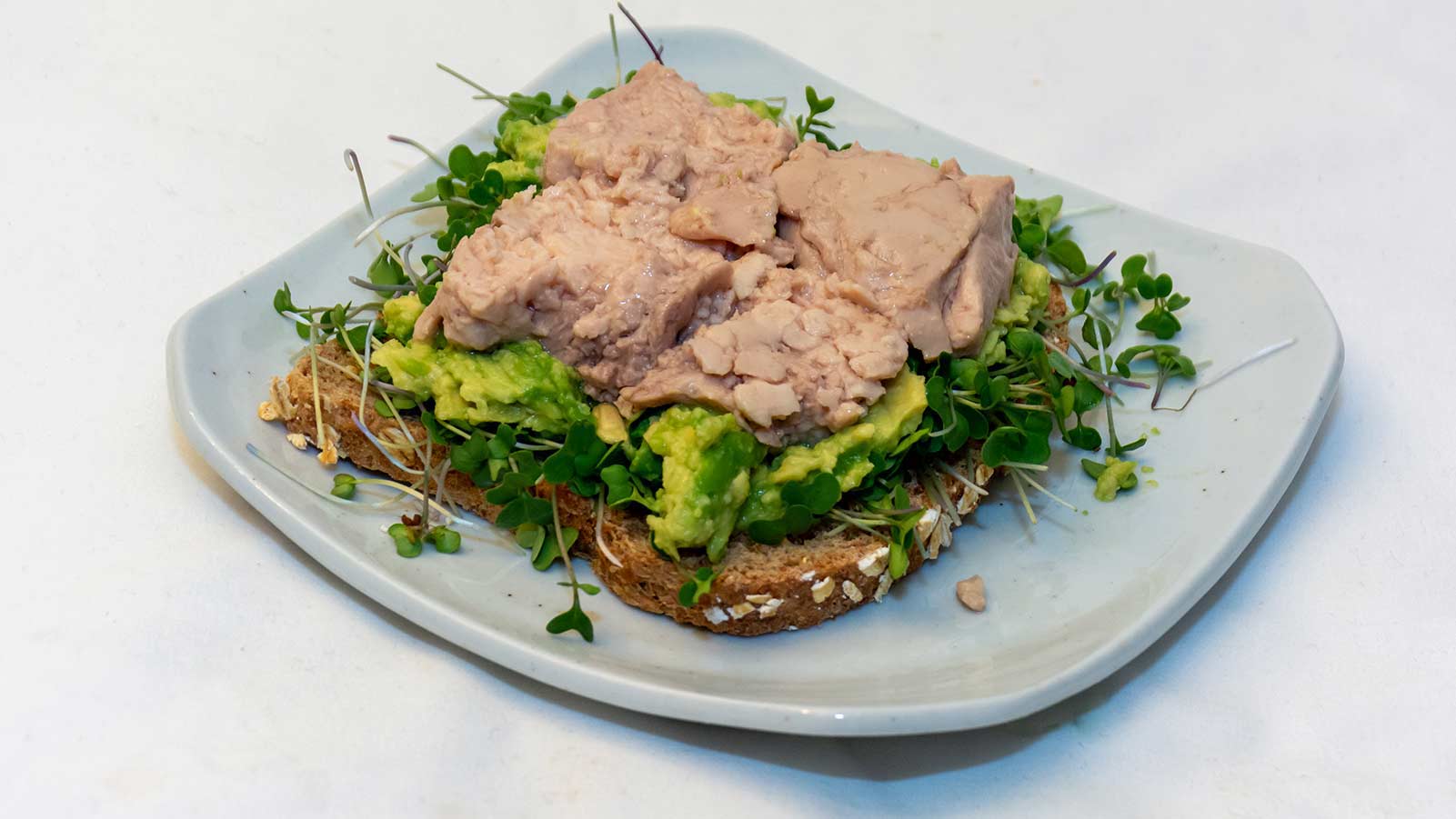Understanding Fatty Liver Disease
Fatty liver disease is a condition characterized by the accumulation of fat in the liver cells. This can lead to inflammation, scarring, and ultimately, liver damage. It is important for individuals with fatty liver disease to make dietary changes to support liver health and overall well-being.
Key Dietary Guidelines for Fatty Liver Disease
When it comes to managing fatty liver disease, making the right food choices is crucial. Here are some key dietary guidelines to help you eat right with fatty liver disease:
1. Limit Saturated and Trans Fats
Saturated and trans fats can contribute to liver inflammation and should be limited in the diet. Avoid fried foods, processed snacks, and high-fat dairy products.
2. Emphasize Healthy Fats
Include healthy fats such as avocados, nuts, seeds, and olive oil in your diet. These fats can support liver function and overall health.
3. Increase Fiber Intake
Fiber helps with digestion and can aid in the removal of toxins from the body. Focus on consuming plenty of fruits, vegetables, and whole grains to increase your fiber intake.
4. Choose Lean Protein Sources
Opt for lean protein sources such as poultry, fish, tofu, and legumes. These options are lower in saturated fat and can support liver health.
5. Limit Added Sugars
Excess sugar can contribute to liver fat accumulation. Be mindful of your intake of sugary beverages, desserts, and processed foods.
6. Watch Your Portions
Controlling portion sizes can help manage weight, which is important for individuals with fatty liver disease. Be mindful of portion sizes and avoid overeating.
Additional Tips for Eating Right With Fatty Liver Disease
In addition to the key dietary guidelines mentioned above, there are some additional tips that can help individuals with fatty liver disease make healthier food choices:
- Stay hydrated by drinking plenty of water throughout the day.
- Limit alcohol consumption, as it can exacerbate liver damage.
- Include antioxidant-rich foods such as berries, spinach, and kale in your diet to support liver health.
- Consult with a healthcare professional or a registered dietitian to create a personalized meal plan that meets your nutritional needs.
Conclusion
Eating right with fatty liver disease involves making mindful food choices that support liver health and overall well-being. By focusing on a diet rich in healthy fats, lean proteins, and fiber, while limiting saturated fats and added sugars, individuals with fatty liver disease can take positive steps towards managing their condition through nutrition.
